Historic Homes in Nashville, TN: What You Need to Know
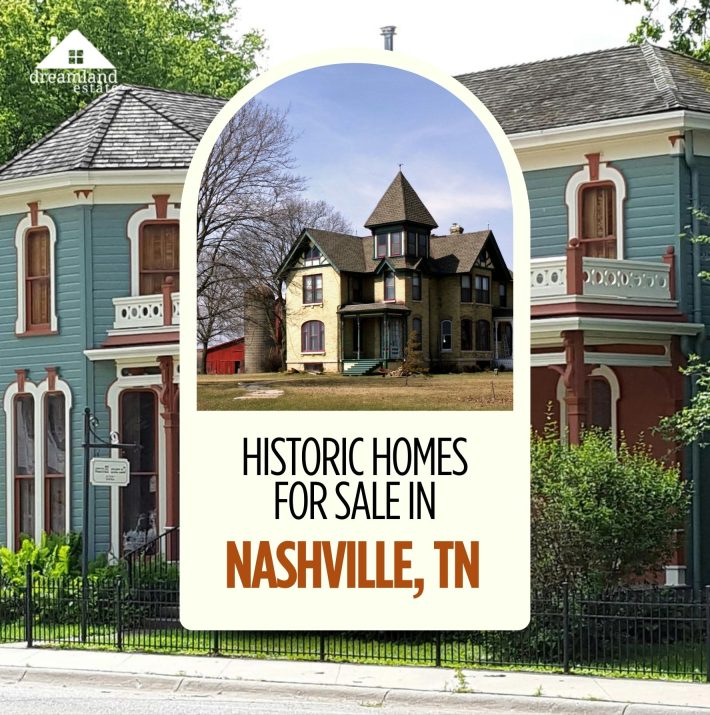
In a city Nashville, where a nee construction pops up every now and then, it always feels so special to step into a home that carries a rich history and culture.
The kind of historic homes for sale in Nashville, TN, can offer you! You can find original hardwood, crown molding that is crafted by hand, the stories that echoes in every corner of the house.
The historic homes for sale in Nashville, TN is not just any particular structure! You can say they are caring the rich historic past!
In this blog, we are going to explore the reasons that make Nashville homes so special! We will also take a look at how you can find the perfect home for yourself and choose the perfect home where charm, character and architecture really reigns.
Why Historic Homes In Nashville Are So Special?
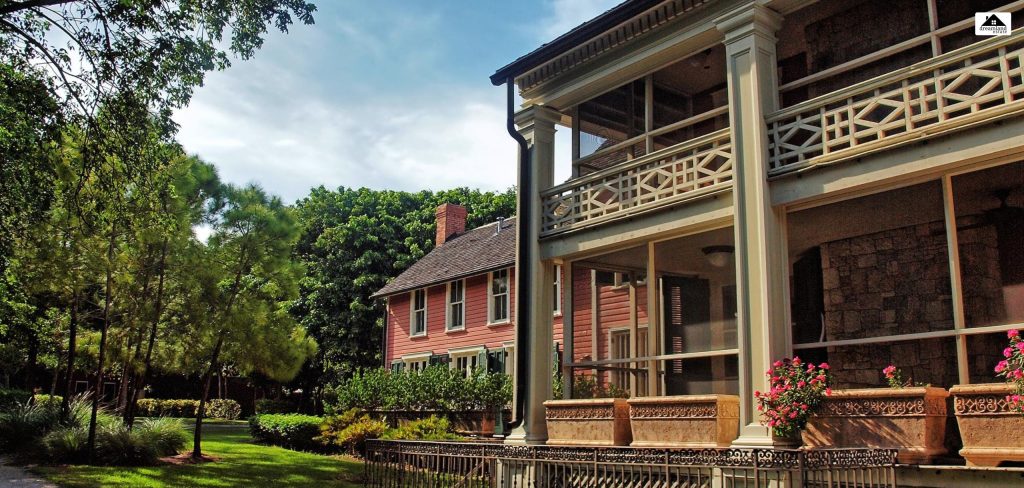
The old homes in Nashville are not only stunning but also tell the story of the city’s changing society and are a part of its cultural heritage.
The areas of Germantown, East Nashville, Belmont-Hillsboro, and Historic Edgefield remain highly popular for their lovely features and strong community vibe.
In 2025, the average price in Historic Edgefield was around $669,536, which was 4.2% lower than the previous year.
The median price in the city remained close to $460,000, indicating stable demand for homes, especially those priced under $600,000.
Buyers highly value these homes for their quality, distinctive features, and scarcity, which, in turn, helps keep property values stable.
There are also attractive incentives, such as preservation grants and tax benefits, that motivate those willing to restore and preserve these landmarks.
Being the owner of a historic house in Nashville is not only a part of the culture but also a good investment for the future.
Buying Historic Properties In Nashville, TN
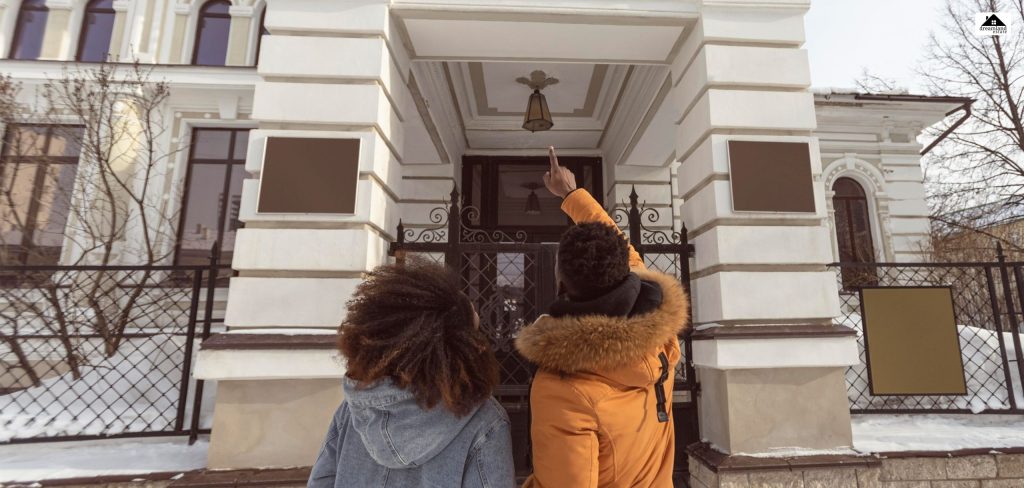
Nashville’s historic property purchasing involves the specific considerations of older structures’ condition and the adherence to preservation guidelines. The purchasing process is a mix of standard real estate steps, specialized inspections, and unique financing opportunities.
Step-by-Step Guide Prepare Finances
Create a budget: This must include costs for renovation and maintenance of the historic house; these can be higher than modern homes due to specialized materials and labor.
It is better to get pre-approval for the mortgage early during the process.
Hire a Specialized Agent: Together with a real estate agent and a lender that have worked with historic properties and know local rules and conditions, you will be able to find the perfect property. Tour homes to check their condition and needs for restoration.
Checking with the Commission on Metropolitan Histories to know what restrictions will be contoured by the property’s classification as a historic site (local landmark or on the National Register of Historic Places) will also be helpful.
Make an Offer and Schedule Inspections: When an offer is accepted, book a thorough home inspection for the duration of the due diligence period.
This is the right time to expose hidden problems and either renegotiate the deal or withdraw from it if that is what you want.
Secure Financing and Close: The mortgage is done and dusted. Make sure the lender and title company know about any leases or easements on the historic property that may affect the title.
What to Look for in Inspections
It is essential to hire a home inspector who has vast experience in dealing with historic homes and can point out the possible problems related to older construction.
Besides, a specialized inspection done by a licensed electrical contractor or a structural engineer would always be a good idea.
The areas of concern include:
Foundation: Look for cracks, uneven settling, and moisture in the basement or crawl space, all of which are quite expensive to fix.
Outdated Systems: Investigate plumbing (for instance, galvanized pipes), electrical wiring (make sure it is up to code, not exposed), and HVAC systems’ age and condition.
Hazardous Materials: Lead paint (frequently found in pre-1978 homes) and asbestos (usually detected in old insulation or flooring) should be tested.
Structural Integrity: Inspect the roof (sagging lines, missing shingles), walls (cracks, water stains), and floors (sags, squeaks) carefully.
Pests: Keep an eye out for evidence of termites, mice, or other pest infestations, as they can lead to major repair costs.
Preservation Restrictions: The inspector should ascertain whether the building is of historical significance and the limitations on any future alterations, thus, passing the risk to the new owner.
Financing Options & Tax Credits
Acquiring a historic property could lead to specialized funding sources:
Federal Historic Tax Credit: There is a 20% tax credit for the certified rehabilitation of historic structures that produce income (commercial or rental properties) if they are listed on the National Register of Historic Places.
State Incentives: Tennessee offers some grant programs, such as the Historic Property / Land Acquisition Fund (HPLAF), for the restoration of public-benefit properties, but these grants usually do not permit the applicants to use the funds for purchasing the property itself.
Local Programs: The Metro Historical Commission has a Historic Property Tax Exemption program which gives a temporary reduction of local property taxes dependent on the investments approved into the qualifying properties that are neither zoned R nor RS and are considered endangered.
SBA 504 Loans: Historic tax credits can be partnered with the 504 financing allowed by the Small Business Administration for the selected projects.
Specialized Lenders: Try to discover the lenders or organizations like The Housing Fund in Nashville that might know about specific loan products or resources designed for the specific unique properties.
For the confirmation of specific eligibility conditions of these programs, it is advisable to consult a competent tax expert or the Tennessee Historical Commission.
Where To Find Historic Homes For Sale In Nashville
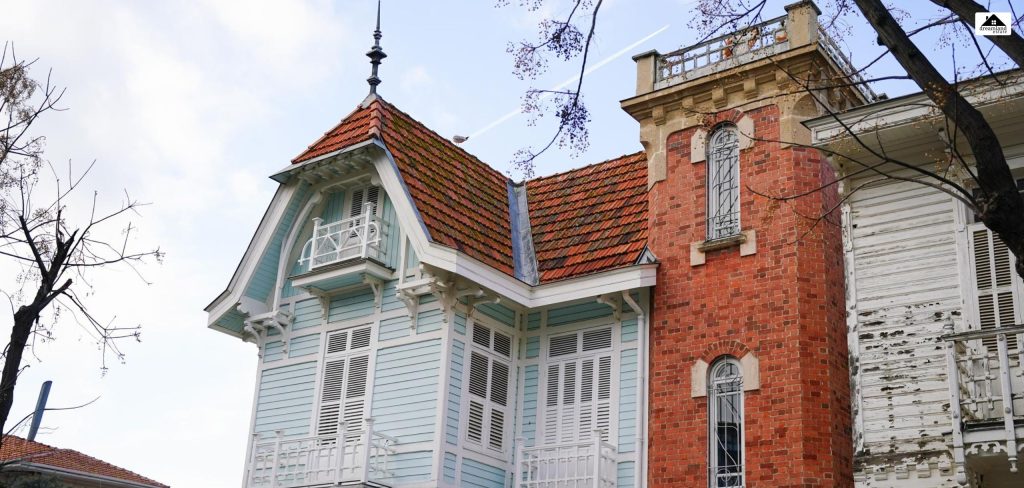
Nashville is a city rich in historic homes. It is located in well-preserved old neighbourhoods.
As a buyer, you can explore different places across the historic homes for sale in Nashville, TN, along with the communities and districts.
You can also find maps that help you enjoy the interactivity needed to locate them accurately!
Here are some of the districts that you must know about!
- Germantown: The neighbourhood is well known for its exceptional and elegant Victorian and Italianate architecture.
The area is highly walkable, which comes with lovely streets. The location is also very close to downtown.
- East Nashville (including Lockeland Springs & Edgefield): This area is beautiful! Here you can find historic homes such as Queen Anne, Craftsman, and Victorian houses. These homes come with an artsy vibe and a lively music scene.
- Belmont-Hillsboro and 12 South: The areas are characterized by Colonial Revival and Tudor houses, which are enhanced by Vanderbilt University’s vibrant atmosphere.
- Sylvan Park: A friendly neighborhood with mid-century ranches and bungalows is typically preferred by families.
- Downtown Historic Core and The District: These areas are especially known for historic loft conversions and mixed-use buildings, each with its distinctive appeal.
Maps and overlays from online resources, such as the Metro Historic Zoning Commission’s interactive Parcel Viewer and the Nashville MLS, help provide a detailed understanding of historic zoning.
The 2025 market data shows that the price range for historic homes in these districts is very broad, from about $400,000 for smaller condos in Germantown to more than $2 million for completely restored mansions in Belmont-Hillsboro.
The price trends suggest steady demand and strong appreciation in these highly sought-after areas, making them very good places for buyers seeking both history and investment potential.
Renovating & Restoring Historic Homes For Sale In Nashville, TN
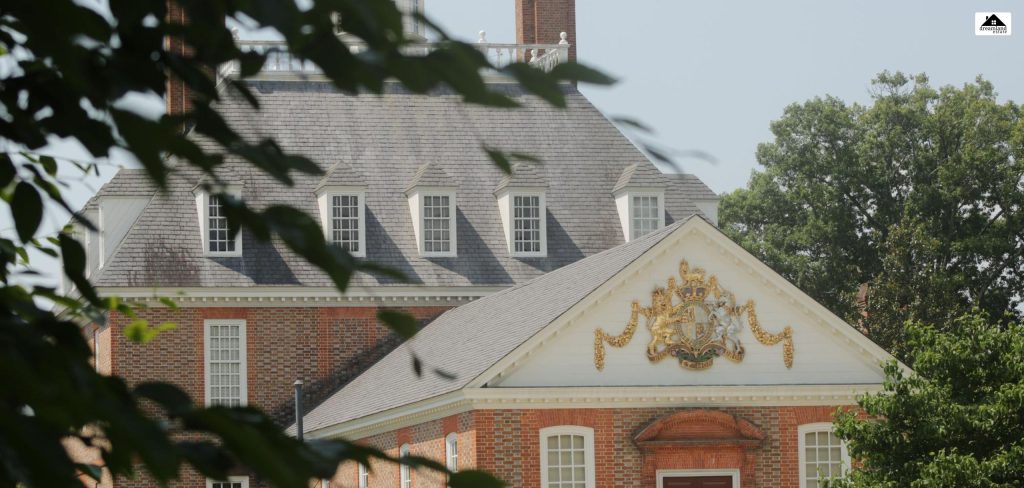
Nashville’s historic home renovation is a challenge that requires careful consideration of the original beauty and the introduction of modern features.
The owners have to focus on restoring the main architectural elements, such as original hardwood floors, intricate moldings, and authentic window frames.
Those providing local contracting services specializing in renovating old buildings can obtain period-appropriate materials, thereby ensuring the authenticity of the work.
The main aspects of the renovation are:
- Repair or restoration of originals instead of replacement
- Upgrade of electrical and plumbing systems to meet today’s safety codes
- Improvement of energy efficiency by adding insulation, storm windows, and draft sealing
- Money-wise, the average renovation ranges from $45,000 for minor updates to $200,000+ for major restorations, which include structural repairs and modernization.
The passage of permit requirements through the Metro Historic Zoning Commission is very important because exterior changes usually require approval to ensure neighborhood character is not disturbed.
In many cases, Nashville homeowners prefer design approaches that preserve historic layouts while incorporating open-concept living, smart home technology, updated kitchens and baths, and more.
The knowledgeable renovation companies not only understand the local preservation guidelines. However, it also facilitates the process, ensuring the project pays homage to Nashville’s architectural heritage.
A successful renovation might bring back the house’s historical beauty! However, it also provides comfort, functionality, and long-term value for real investment in Nashville’s heritage. This is a rewarding experience for devoted homeowners.
Living In A Historic Home
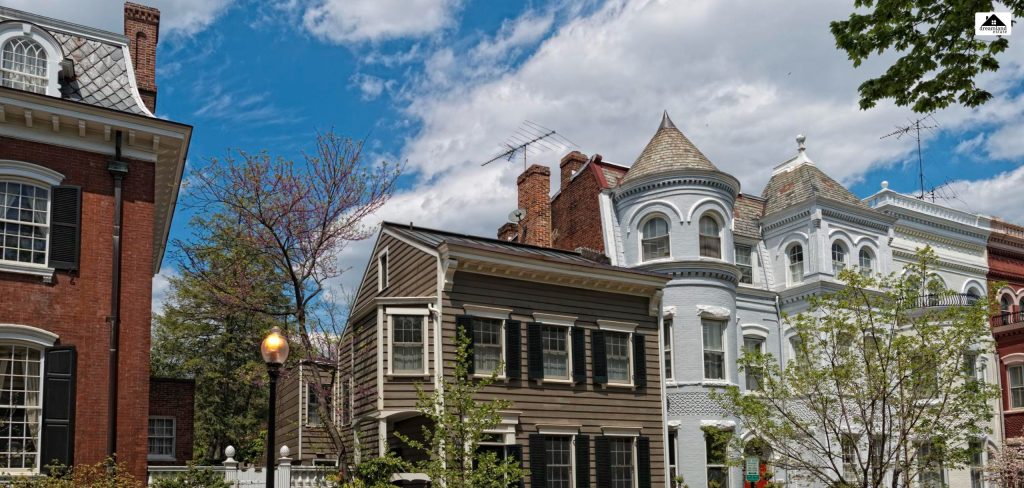
Living in a historic house in Nashville is a unique experience that combines the city’s rich heritage with charm, character, and a direct connection to the past.
These residences often feature craftsmanship that is absolutely breathtaking, intricate woodwork, original fireplaces, and large porches, which take you back to the days of their creation.
Besides, people living in neighborhoods such as Germantown, East Nashville, and Belmont-Hillsboro share a strong sense of community. They show neighborly spirit and cultural events at their best.
But, on the other hand, the ownership of a historically significant house requires taking on certain responsibilities and considering the following aspects:
Maintenance and Repairs: Older properties may require more frequent servicing, particularly plumbing and electrical systems nearing the end of their lifespan.
Preservation Requirements: A majority of the properties are protected by historic zoning, which imposes very strict rules on renovations intended to uphold the buildings’ architectural character.
Modern Comforts: Prudent remodeling can unite the kitchen, bathroom, and smart technology with energy-efficient features while preserving the original charm.
Besides, the benefits include possible tax reductions on renovations that got the council’s approval and a property that usually gains value faster than the new ones due to its rarity and historic significance.
The majority of the owners derive satisfaction from having saved a part of Nashville’s history while at the same time living in a comfortable, character-filled style.
To sum it up, living in a historic house means having both the past and the present at your doorstep, in a community that is deeply committed to upholding Nashville’s distinctive cultural identity. This experience instills pride and is thus rewarding for homeowners.
Investing In Historic Real Estate

The historic homes of Nashville are a very good place to invest if one wants to have a return on investment.
The real estate market in the city has appreciated by nearly 150% over the last decade. Future annual gains of 4–6% are expected through 2028, according to predictive models.
The historic areas like Germantown, 12 South, East Nashville, and The Gulch are the ones leading in producing strong returns.
ROI Potential
The past trend shows that appreciation has been the strongest driver of capital gains.
The districts with historical significance are enjoying rental income as high as 11% and are still giving walks in the park to their inferior counterparts.
Property values in the preserved districts continue to rise, mainly due to limited supply and growing demand.
Short-Term Rental Appeal
The great flow of tourists and the music industry for which Nashville is known, with over 15 million visitors a year, are the main reasons short-term rentals in the city are already very profitable.
This is especially true in the old neighborhoods with the most beautiful and charming houses.
However, investors will have to be very skeptical of local short-term rental ordinances to avoid penalties and operate at full capacity.
Legal & Insurance Tips
Insurance for historic properties usually comes with a hefty price tag, as the restoration process is complex and often involves older materials.
Be very familiar with zoning overlays and preservation easements, as they may limit the amount of renovation you can do or even force you to get the approval first.
Cooperate with architects specializing in preservation and local agents to ensure compliance with regulations and protect your investment.
The historic homes of Nashville are not just an investment; they are also a way to experience the cultural legacy and financial growth together.
They give the investors multiple options to earn money and the possibility of getting rich slowly in a dynamic market.
Sustainability & Modernization: Making historic homes for sale in Nashville, TN Energy-Efficient and Smart
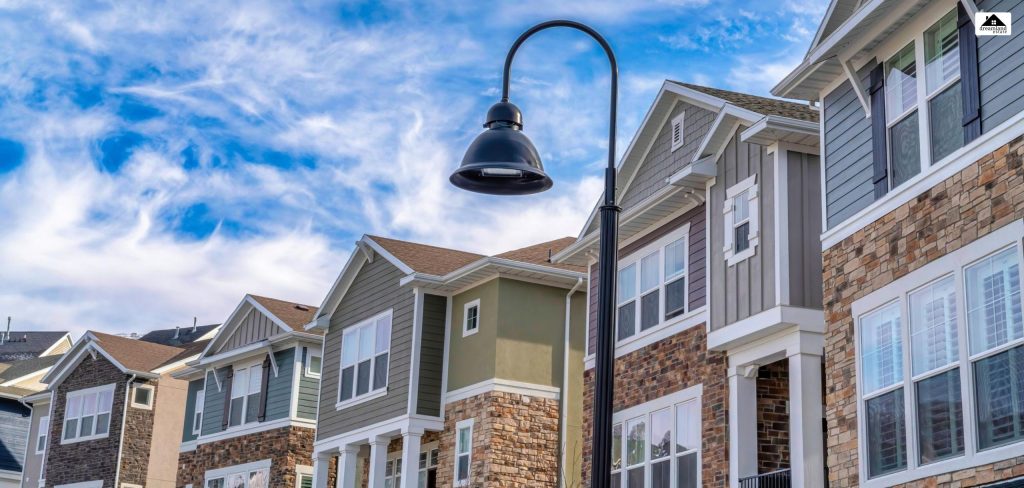
Nashville’s history is illustrated through its one-of-a-kind homes and buildings, styles varying from the great Victorian houses to the small but cosy Craftsman bungalows. Historic homes never fail to present the city’s background and evolution.
However, these are far from meeting today’s energy and technology standards. The good news is that today’s innovations have made it possible for homeowners.
They help improve the efficiency of their living spaces and enhance comfort, all without sacrificing the unique architectural character that makes these homes lovely.
Energy Efficiency Without Compromising Character
Old homes generally lack proper insulation, have inefficient windows, and have outdated heating or cooling systems.
But it is possible to drastically reduce energy costs and increase comfort by performing the predetermined work with the right materials and methods, without altering any historic features.
1. Non-Invasive Insulation
Blown-in fiberglass insulation is ideal for Nashville’s historic homes. It does not disturb the original plaster or woodwork as it fills up wall cavities and attic spaces.
To make the house more airtight, the owner can use thermal curtains, weatherstripping, and door sweeps along with the insulation.
This will still be in line with the historic finishes and will only be sealing the gaps.
2. Energy-Efficient Window Solutions
Instead of replacing windows, consider installing a heat-reduction film on existing windows to block UV rays and better manage temperature.
Also, exterior or interior storm windows fitted over the current frames can significantly increase insulation.
These actions will keep the original wooden windows while preventing heat loss and reducing energy bills.
3. Smart Thermostats for Temperature Control
Smart thermostats like Nest and Ecobee adapt to human habits and alter heating or cooling patterns accordingly.
They not only save energy but can also be connected with a mobile application for remote operation.
The installation is easy and non-intrusive, making it ideal for older homes that cannot undergo a major rewiring.
Solar Energy for Historic Nashville Homes

Installing solar panels on a historic home is possible, provided meticulous planning and adherence to local preservation guidelines.
1. Permitting And Zoning Rules
Homeowners located in historic homes for sale in Nashville, TN overlay districts need to get the Metro Historic Zoning Commission’s nod before taking the next step.
A Photovoltaic Permit with roof design and structural data guarantees installations comply with both safety and preservation requirements.
2. Design And Visibility
Solar panels can be installed on the side or rear roof slopes, thus keeping them out of view from the street.
Integrated solar shingles offer a sleek, low-profile option that merges with roofing materials while still generating renewable energy.
3. Financing And Incentives
The federal Investment Tax Credit is a financial incentive that solar projects will benefit from.
Nashville homeowners can also get low-interest loans from Pathway Lending to help them afford renewable improvements.
4. Smart Home Integration For Historic Properties
Modernizing a historic home is a daunting task. Still, the use of wireless technology now enables seamless incorporation of smart features without altering the period architecture physically.
5. Wireless Smart Systems
Opt for wireless lighting, thermostats, and security cameras to automate processes without running new cables through delicate walls or ceilings.
This way, the original plasterwork, moldings, and trims that characterize historic interiors will be preserved.
6. Hidden And Minimal Wiring Techniques
If needed, technicians can cleverly run wiring behind baseboards or within existing conduits. This way, modern technology remains concealed and the home’s authentic look is maintained.
7. Vintage-Style Technology
Pick antique-style finish smart locks, LED bulbs that mimic vintage filaments, and old-fashioned shades in traditional fabrics for a whole-house lighting and audio system.
These products will not only preserve the historic look but also bring in the convenience and efficiency of the modern era.
8. Lighting And Audio Systems For Whole-House
Control4 or Sonos systems allow for lighting and sound control throughout the whole house.
They can be controlled via a smartphone or tablet while remaining hidden, thus combining functionality with period authenticity.
Nashville’s Past Preservation and Sustainable Future Development
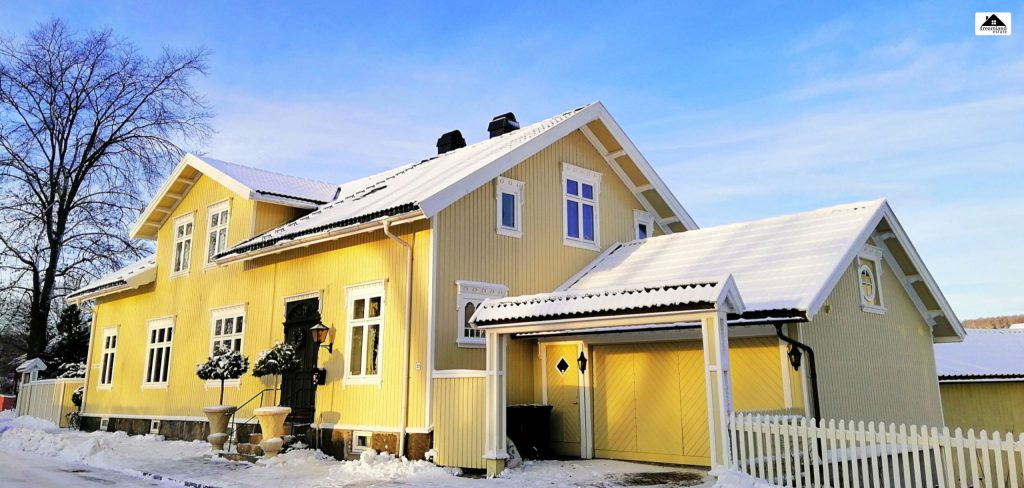
The historic houses in Nashville are not only a part of the city’s culture but also an important part of its design history.
Homeowners will not only preserve the original architecture but also significantly increase Comfort and Performance by installing Sustainable upgrades like blown-in insulation, storm windows, and solar shingles.
Smart technology integration will also ensure that the properties are still liveable, efficient, and adaptable to future needs.
Preservation and progress can go hand in hand. Nashville homeowners can take the sustainable, smart-living route without compromising the timeless beauty of their historic homes by making the right design decisions.
What Are The Major Resources That You Need As A Buyer?

As a buyer for the historic homes for sale in Nashville, TN, you need the right combination of financial, informational, and interpersonal resources.
This can help you ensure the overall right quality as well as the quantity of the goods and services, just at the right price and time.
Downloadable Checklist
Buyers can benefit from a set of distinct historic home-buying checklists that cover key processes, including researching the property’s history, confirming its landmark status, and understanding local preservation requirements.
The inspectors give the strongest advice on foundation and roof inspections, as well as on older electrical wiring, plumbing, and hazardous materials such as lead paint.
The use of these checklists enables buyers to systematically evaluate all the factors important to the acquisition and maintenance of a historic property.
Local Experts
It is very important to hire real estate agents who are experts in historic homes. They provide valuable market trend insights and possess specific local knowledge.
Moreover, preservation architects and contractors experienced in historic restorations collaborate with builders to develop ways to preserve the building’s original look while updating the interior.
On the other hand, historic home inspectors conduct comprehensive condition assessments that no other type of home inspection can match.
Preservation Organizations
Nashville has facilities such as Historic Nashville, Inc., the Association for the Preservation of Tennessee Antiquities, and the Nashville Historical Foundation, which are among the mainstays of preservation nonprofits.
Besides providing financial help, these organizations also give educational resources, advocacy support, and assistance with zoning and preservation rules for historic properties.
The availability of these resources empowers potential buyers to make well-informed decisions and easily navigate complex regulations.
At the same time, it helps to preserve the unique style of Nashville’s historic homes and their value.
Best Neighborhoods For Historic Homes In Nashville, TN (2025)
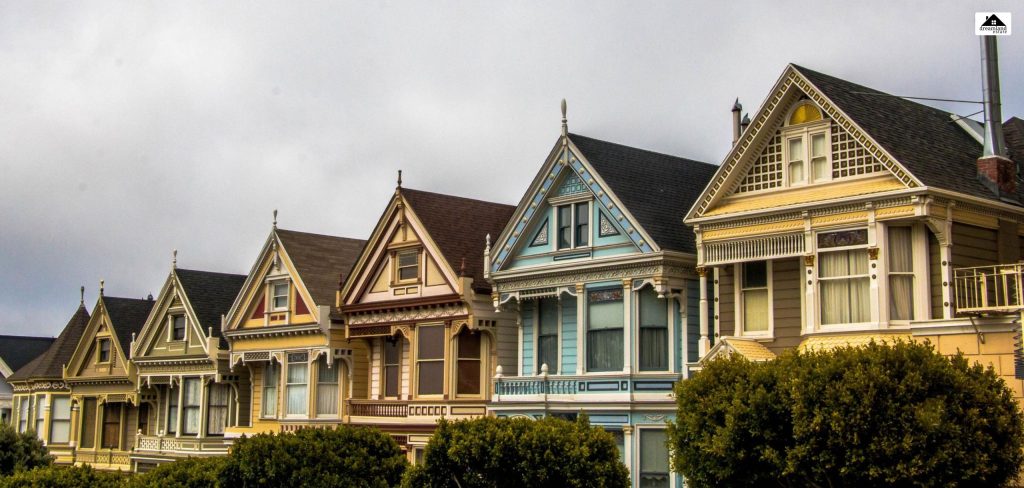
Here are the best neighbourhoods for historic homes for sale in Nashville, TN: Germantown, East Nashville, Historic Edgefield, Lockeland Springs, and Belmont-Hillsboro.
These areas feature a wide range of architectural styles, including Victorian, Craftsman bungalows, and Tudor Revival. The National Register og Historic Places officially recognises these locations.
| Neighborhood | Historic Style | Highlights | Avg Price/Sq Ft | Typical Home Price |
|---|---|---|---|---|
| Germantown | Victorian, Italianate, and industrial loft conversions | Walkable, trendy, near Bicentennial Capitol Mall | $600 – $850 | $400,000 (condo) to $2M+ |
| East Nashville | Queen Anne, Craftsman, Victorian | Artsy vibe, music scene, Historic Edgefield district | $480 – $650 | $625,000 – $1.4M |
| Belmont-Hillsboro / 12 South | Colonial Revival, Tudor, Bungalows | Near Vanderbilt University, boutique shops | $600 – $700 | $875,000 – $2.4M |
| Sylvan Park | Mid-century ranches, bungalows | West side charm, manicured lawns, family-friendly | $500 – $650 | $775,000 – $1.5M |
| Franklin (just south) | Antebellum, Victorian, Colonial | Civil War landmarks, restored homes, small-town charm | $450 – $600 | $700,000 – $1.5M |
| The District (Downtown) | Loft conversions, brick warehouses, Federal-style | 2nd Avenue, Broadway, mixed-use historic buildings | $859 | $1.15M – $2.5M |
| Hermitage | Colonial Revival, Grecian | Andrew Jackson’s estate, Stone Hall, laid-back vibe | $400 – $500 | $450,000 – $900,000 |










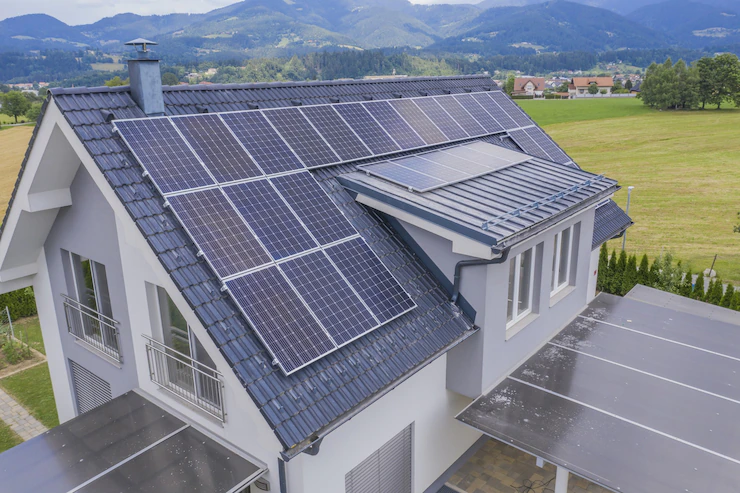
Leave A Reply